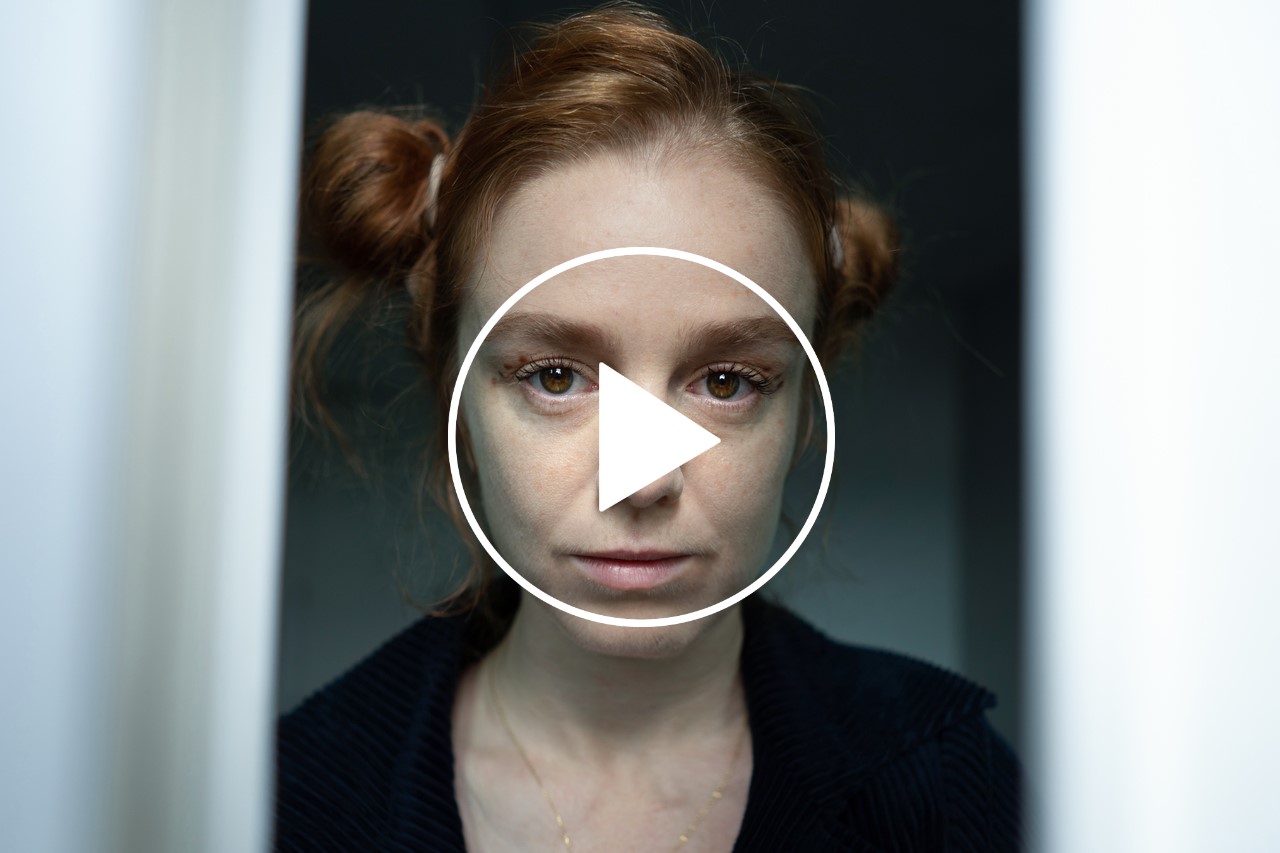We spoke with Agnieszka Więdłocha about the power of women, her role in sweet “Receptura” and childhood tastes.
Anywhere: Not everyone had the pleasure to be in one bed with Agnieszka Więdłocha like I had just now.
A.W.: It’s a great pleasure to lay in bed.
A.: We have a few moments free from this unbearable heat and you have few moments free in this intense day. Although, chocolate on the store’s shelves are still dripping, producers have their ways to serve it during the summer. In autumn, we’ll be watching great tv show “Rcepetura” on TVN with you playing the lead next to Mr. Wedel himself, played by Jacek Koman. Tell me about him, it’s an amazing thing.
A.W.: The idea for this show is amazing itself. The concept relies on the interchangeability of two realities. My character is living in 1936 with parallel modern times connected to it but not without drawing from the past.
A. They overlap?
A.W.: Definitely. These two won’t be two different series, but two stories spread on longer time frame. They will still overlock, though. Modern times will be drawing from the past. I am very interested what will become of it.

A.: Do you think it will be sweet or rather bittersweet story?
A.W.: I think bittersweet. Problems that we bring up in this project are not sweet exclusively. We speak about women’s rights. Even though in 1936 the emancipation was a thing and women could vote, the whole world belonged to men. My character – Maria – applied to Wedel’s factory and got a job. She is a great architect, studied in Dessau, very well educated and that’s something interesting for Jan. He gave her a chance and she took it.
A.: Would you say that it’s women empowering show?
A.W.: It’s definitely empowering for women. It’s also about this thing, that if you really want something and try to get it and don’t let go, don’t compromise – it will eventually happen. Maria didn’t have an easy life. She raises her daughter alone, her family rejected her in some ways and she comes from a very good, aristocratic home. Her daughter and her life is more important for her than conventions. We meet her at a very hard time for her, when she tries to find a good job to provide the best living for her daughter. Of course, there will also be an interesting criminal plot and even economical spying. Everything that is interesting for modern viewer – theft and kidnapping.
A.: And politics, I guess.
A.W.: Of course! And the year 1936, dangerous itself. Modern times are a different story. There’s this plot where some people try to steal the recipe. A lot will happen. When I read the script I said: Will we even be able to shoot all this in such short time? But we did.

A.: It’s the power of the script probably.
A.W.: It’s the power of the script but also the great director and operator – Tomek Szafrański and Rafał Paradowski and our whole great crew. The atmosphere on the set was amazing. It was “sweet” and everything went great. I really miss it.
A.: It happens to be that we’re both from Łódź. Do you have any sweet or childhood flavor that you remember well?
A.W.: I don’t really have anything like that. Chocolate probably.

A.: Do you remember kogel-mogel?
A.W.: Right! It’s fantastic you brough it up! I can see my mom standing over white cup, grinding egg yolk with sugar and it crunches in such fun way! I love sweet stuff.
A. We talk in summer and the premiere is in autumn. What should I wish you for this summer?
A.W.: Probably some good weather, some rest maybe. Also – a lot of work, because pandemic shut down some projects unfortunately. A little bit of everything, I guess.
A.: Someone wrote recently that we shouldn’t wish “best” because we won’t be able to take it up so I wish you a little bit of everything. I hope this summer will grant you some times during which you will be able to, apart from work, to settle within yourself and highlight those everyday women’s roles that you carry on daily. I wish you that, dear compatriot.












